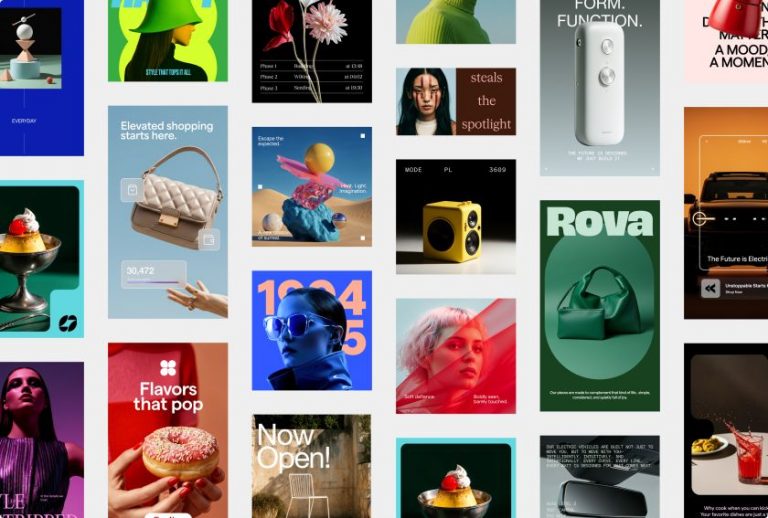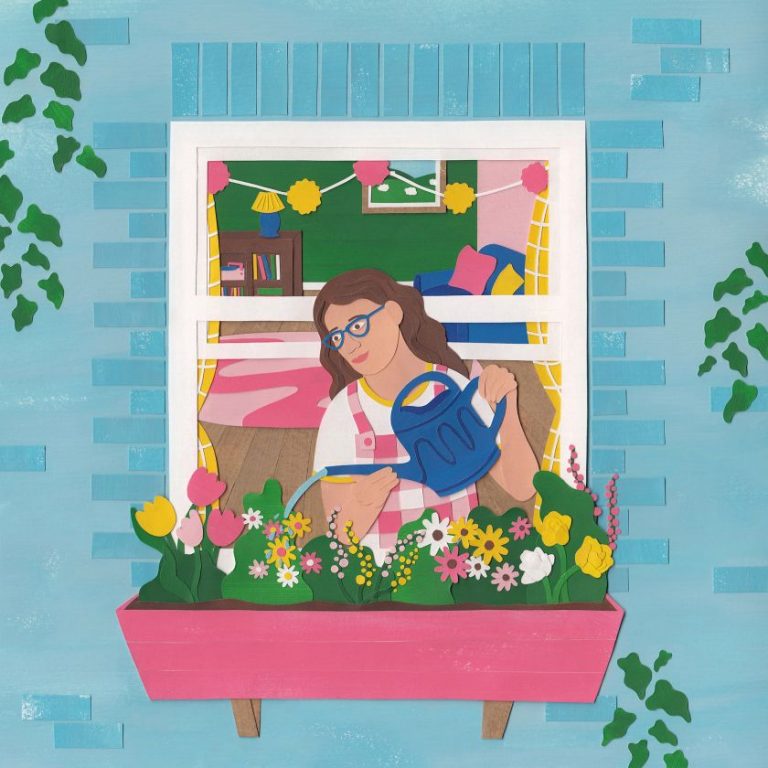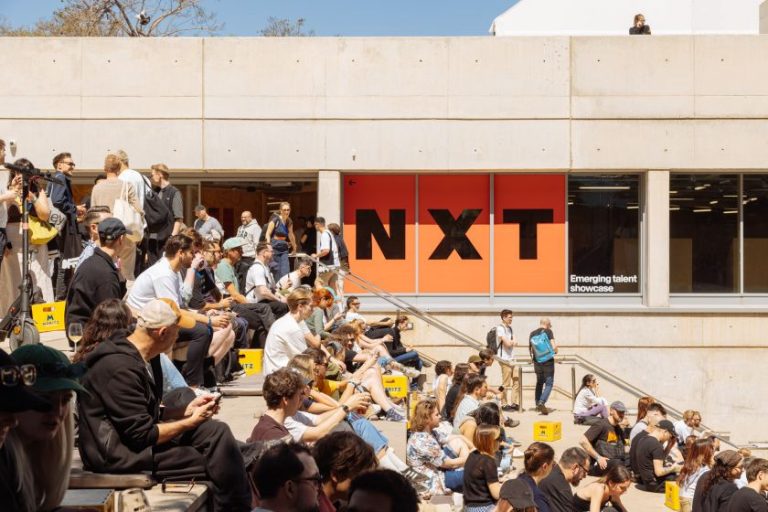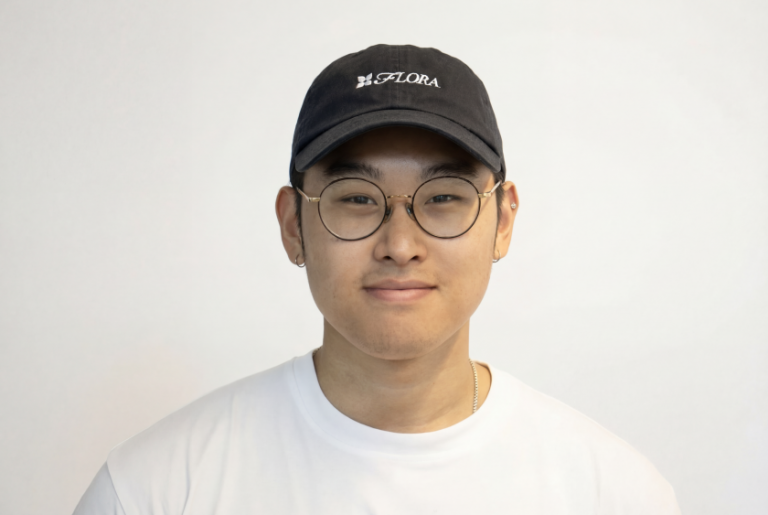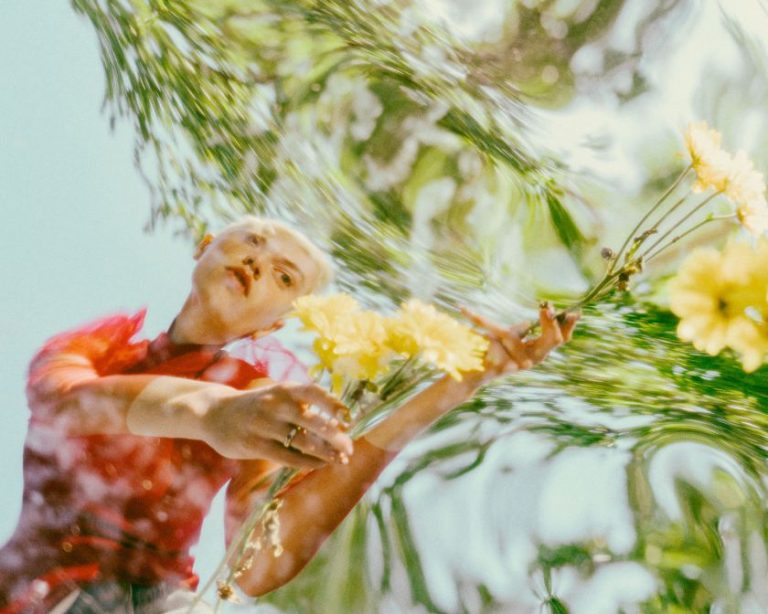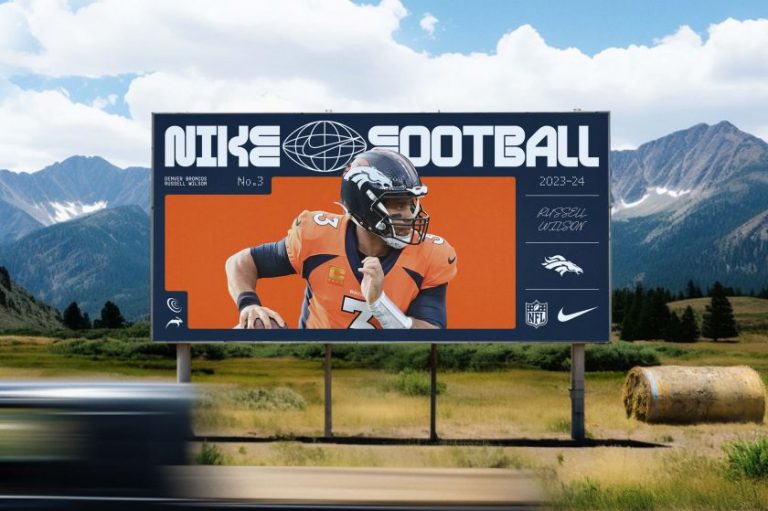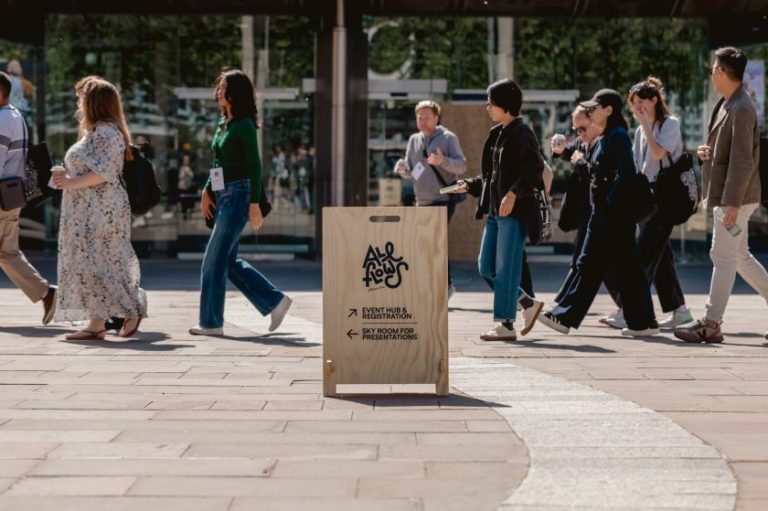All My Friends Reprise: Looking For Owls blends vibrant imagery with detailed band lore. London illustrator Sam Taylor explains what he learned from this unusual project.
We’re big fans of London-based illustrator Sam Taylor, whom we last covered in 2023 when he was experimenting with hand-made techniques. Now he’s behind a new children’s book titled All My Friends Reprise: Looking For Owls.
This colourful adventure, published by Banana Tree Books, takes young readers on a whimsical journey. So far, so (relatively) normal. But what really caught our attention was that it was inspired by the band Phish.
An American rock band formed in Burlington, Vermont, back in 1983, Phish are a quirky outfit that blends many styles, including rock, progressive rock, jazz fusion, funk and psychedelia. They’re known as a “jam band” because of their improvisational approach. And while we love their music ourselves, it’s not the sort of thing you’d immediately associate with children’s literature.
So how, we wondered, did this all come about?
Psychedelic essence
“The idea came from Lindsay and Sara of Banana Tree Books,” explains Sam. “They’re big Phish fans, and they’d already made a children’s book based around the Phish World. So they asked me to get involved for the second one, and All My Friends Reprise: Looking For Owls was born.”
Translating Phish’s psychedelic essence into child-friendly illustrations was a natural fit for Sam, who describes how he went about it. “The book is divided into sections, a page for the character and a page for the world they inhabit,” he explains. “Everything is from the music of Phish.
“Lindsay and Sara made me a big document detailing everything. I then went through each section and picked out all of the most exciting and fun visual elements – there were a lot – and then I started drawing. My work is naturally quite psychedelic and full-on, so I had no trouble coming up with how everything should look. It’s very busy and colourful.”
Creative Process
Sam made the drawings using pencil, pen, and paper and then added colour digitally. “I make lots of mock-ups and layouts before I draw, so I know I can include every element needed,” he explains. I like to lay it all out and then have fun with the drawing; that way, I can maximise the space and squeeze out every bit.
“I always work this way,” he adds. “But I don’t always do this many crowd scenes, which was quite overwhelming initially. I had to ensure I planned them well and got everything in there. Every little blob or fish is important. Making a mistake can have big knock-on effects, and you need to move things around or redraw. This can be very annoying and time-consuming.
“That’s why I came up with a process that works for me,” he adds. “This has made me more confident and eager to work in this style in the future. There are many layers, and it can be scary, but I’m not scared any more. At first, it was daunting, but I started to really enjoy it with each completed page.”
Music and mythology
Sam adds that the book is deeply rooted in the band’s music and mythology. “Every little detail is strongly inspired by Phish. Lindsay and Sara gave me ‘the document’, and then I would disappear and draw. And sometimes, after that, they would give me feedback to make it even more Phishy.
“There are things from gigs, live performances, and lots of lore,” he adds. “I loved taking it one spread at a time, not knowing what’s next.
“As an illustrator, that was a great way to keep it fresh because one day you’re drawing an under-the-sea world, and the next it’s in space. Then it’s all lizards, and then it’s all bugs and insects. I also drew some really cute little gummy bear characters that I love.”
Despite the diverse array of elements, Sam still needed to maintain a cohesive aesthetic throughout the book. “Technically, the book has a colour scheme, and there are some reoccurring b-characters,” he explains. “It’s all a part of the same world.”
Overall, Sam has found this project rewarding and a valuable experience for his development as an illustrator. “This was a big project for me,” he explains. “I started it in October last year, and it’s only just finished.
“There are lots of pages, lots of characters and lots of crowd scenes. Lots of drawing. It’s chaos. But I compartmentalised it. Made lists. I decided on my game plan and then ticked things off as I moved through it. I was down the drawing mine every day, just chipping away. So this is the main thing I learned: tackling something this large. Now I get to see it all in one place, and it’s very satisfying.”

